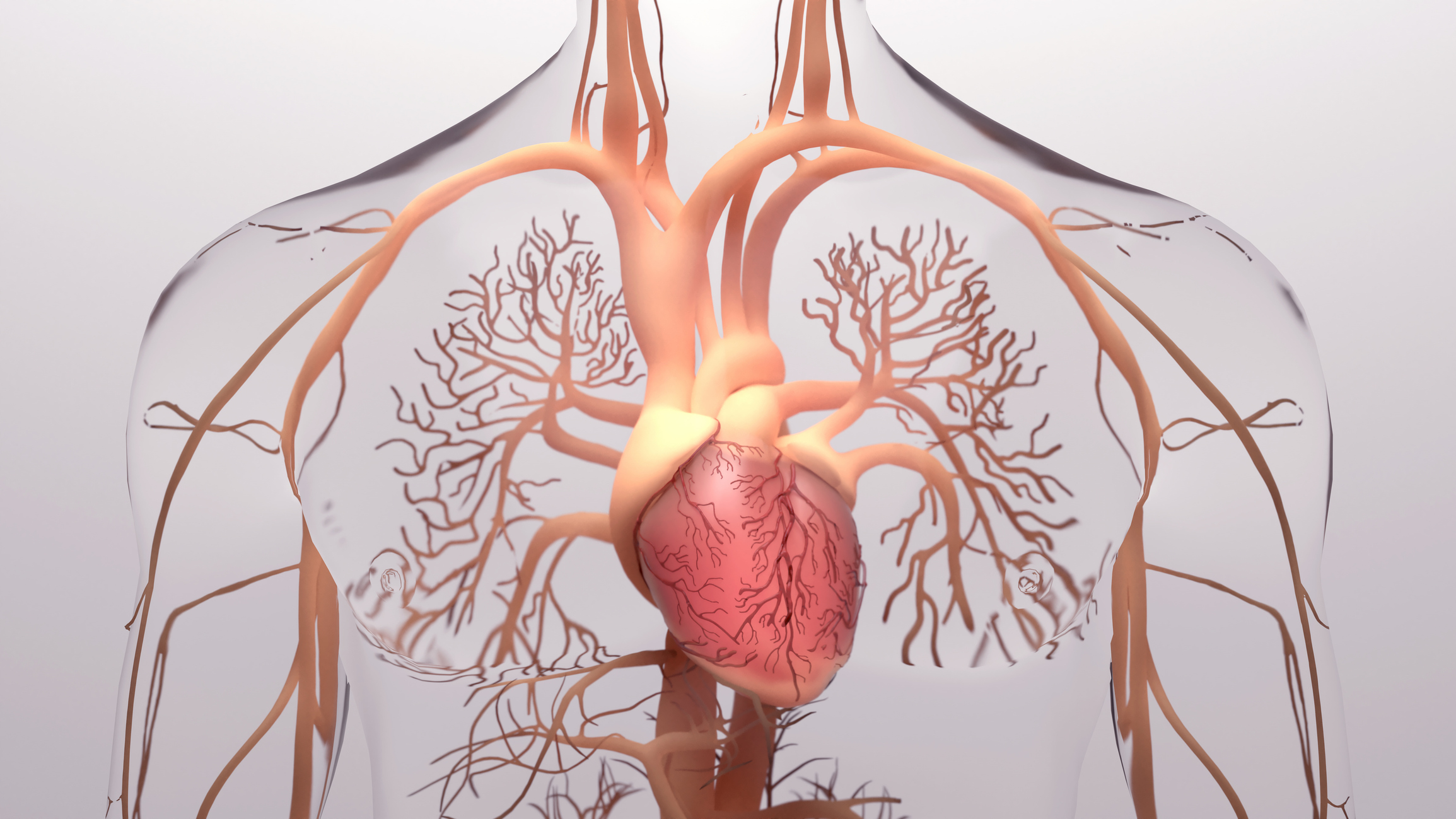

How to slow down the aging process is something that’s science has spent a lot of time trying to figure out.
The concept of biological age — the idea that stress, fitness and other lifestyle factors can cause a person’s body to age either more slowly or quickly than their chronological age — is quite familiar to us by now.
Exercise, a good diet, staying mentally and socially active, are all confirmed ways to lower our biological age.
But there are 78 distinct organs in your body, each busy doing its own job. Have you ever wondered whether they all age at the same rate?
Well, as it turns out, they don’t.
The goal: Preventing age-related disease
A Chinese research team from the Beijing Genomics Institute (BGI) has found that a person’s organs can age separately from one another and can have drastically different “ages,” despite being in the same body.
The researchers gathered data from 4,066 people between the ages of 20 and 45.
Why look at people this young when we’re talking about aging?
“The aging process in young healthy adults is still largely unknown,” say the researchers. “The organs of young adults are not yet heavily damaged, offering the possibility to prevent age-related diseases. Accordingly, we have chosen … a young cohort … with the aim of studying the early changes of aging.”
In other words, studying the organs of young and middle-aged people may open the possibility of discovering ways to prevent age-related diseases.
How the study was conducted
Each participant in this study gave a blood and stool sample, had a physical examination, and underwent imaging of the facial skin.
Using the information gathered, the researchers went on to determine an estimated ‘age’ for each participant’s kidneys, heart, liver, sex hormone, skin and gut.
They also assigned an age estimate to each person’s overall physical health, as well as their immune health and genomics (their “genetic health” as it pertains to aging and disease).
How our organs age differently
The researchers combined their findings into nine categories: gut, heart, fitness, liver, nutrition, skin, immune, renal (kidney) and sex hormone health. These categories were then compared to one another, looking for correlations between organs.
The strongest correlation found was between sex hormones and kidney health. In other words, healthy sex hormones seem to go with healthy kidneys. Sex hormone and kidney health both had a strong correlation with a healthy immune system.
Overall fitness level had strong correlations with heart and liver health and overall nutrition levels.
Kidney health and gut health was the only negative correlation found among the participants. In other words, when a person had a healthier gut, their kidneys were often less healthy, and vice-versa.
Why the difference and what it means
One possible explanation for these different aging rates could be that the aging process occurs in every cell of the whole body. Each organ is composed of different cell types, and these various types of cells may age differently.
This is indeed an interesting phenomenon. But as far as living a long and healthy life, the advice is still the same…
Exercise is essential, and whether you’re 45 or 85, there’s an enjoyable form of movement out there just waiting for you to take it on! In the study a high fitness level was associated with having a strong heart, liver and skin.
Eating a balanced, whole-food diet, free of processed foods will add years to your life.
And, of course, anything you can do to control the stress in your life will grant you a longer, healthier life.
Sources:
Young at heart! Our organs can age at different rates no matter your overall health with a healthier gut often correlating with aged kidneys, study finds — dailymail.com
Distinct biological ages of organs and systems identified from a multi-omics study — Cell Reports
What Are the 78 Organs of the Human Body? — MedicineNet
